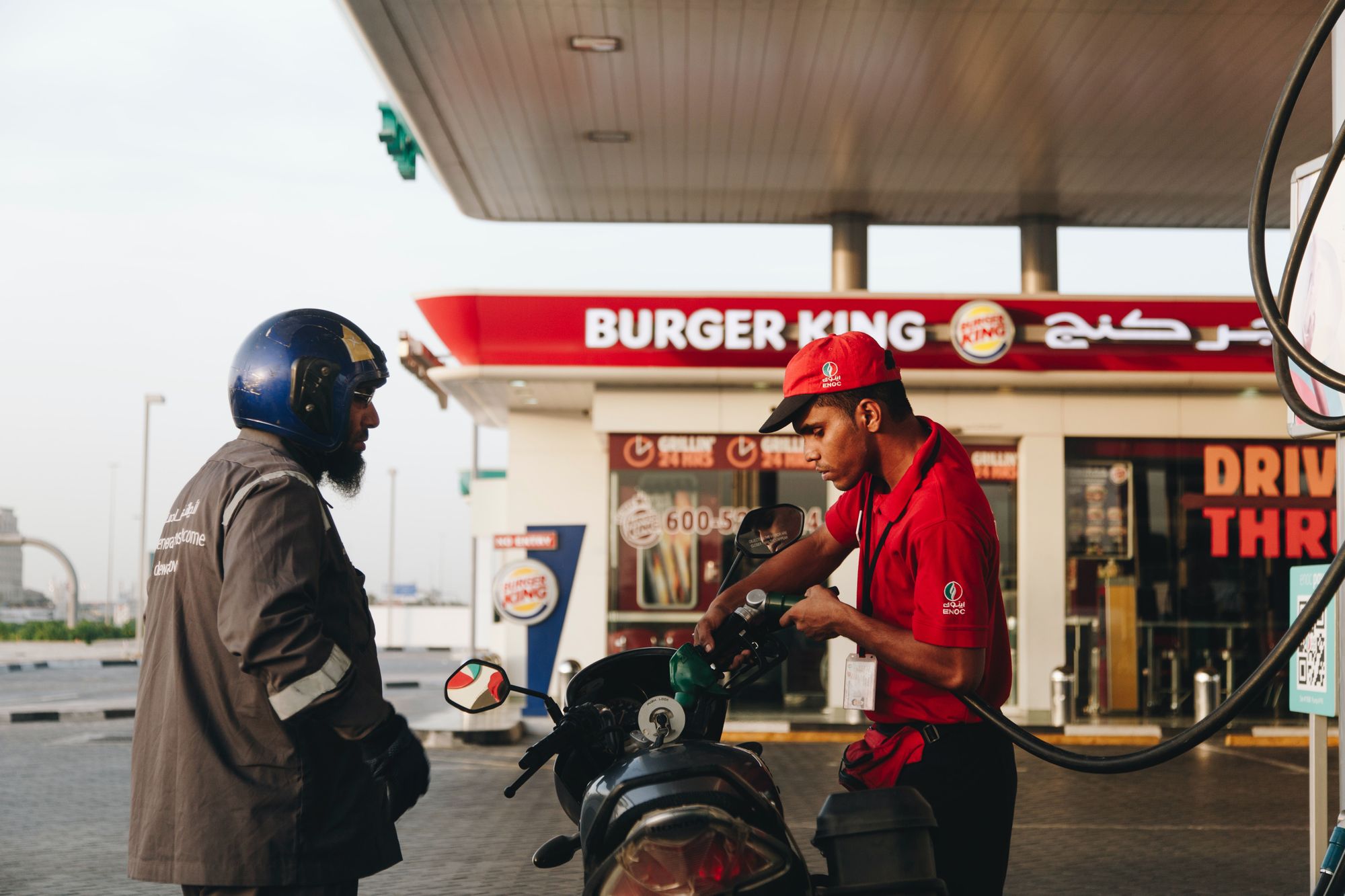The pandemic has pushed many companies to the brink of collapse. And in the entrepreneurial world, many startups that do not have a safety net suddenly find themselves entirely dependent upon their savings. However, in a world that is now focused on recovery, businesses are aware of building more agile and resilient structures to weather such crises and avoid widespread economic shock.
Adapting to a New Reality
Green startups specifically are looking for innovative solutions that would reintegrate or repurpose waste, reduce manufacturing costs, and reduce pressure on our natural ecosystems. The pandemic has also taught us the importance of localizing supply chains wherever possible, resulting in job creation and decreasing the carbon footprint from transportation.
- Careem - They generated 5000 jobs in 2018 and trained female drivers during the period in which there was an anticipation of the ban being lifted on female drivers in Saudi Arabia.
- Bardia Farms - They use hydroponics technology to develop farming methods that utilize up to 80% less water.
- Seramic Energy - They are developing 'waste heat recovery projects' which contribute to heavy industry waste management.
- Shamsina - They design and make affordable solar technologies.
According to Aline Bussmann of cewas, environmentally focussed startups that were developing solutions for water, sanitation, waste, and agriculture either had to shut down or adjust during the pandemic. Most chose to adapt by diversifying their business model or pivoting their products to help distressed communities.
Giant corporates do not have the flexibility and agility that startups do. As engines of innovative growth and disruption, startups must now prioritize:
- Phasing out crisis management
- Incorporating strong ESG initiatives for long term solutions and capacity building
- Having a community-oriented focus
- Having targets for social impacts apart from profitability and scalability
- Optimizing existing resources to discover new values
- Approaching an eco-circular economy
- Ensuring job creation
- Having socially conscious leadership
Avenues of External Support
Recognizing the massive potential entrepreneurs hold in solving issues related to access to resources, global and regional organizations are providing funds, incubators, and accelerators for promising startups.
World Economic Forum's Regional Business Council (RBC) has pledged to allocate 10% of their annual budget to SMEs, startups, and entrepreneurs.
The C3 social impact accelerator program helps fund startups that are contributing significantly to UN sustainable development goals and have a clear path to profitability. More than 600 applications have come in from the MENA region in 2020.
cewas, a first of its kind global water and sanitation startup incubator and business innovation training program, also helps bring focus to resource management. cewas Middle East holds greater importance when considering the acute shortage of water resources that the region faces and the great need for water resource and sanitation management.
Startup Hurdles
A report by Startup Genome showed a drop in global venture capital by at least 20% since December 2019, when the coronavirus pandemic started. The key hurdles startups face are:
- Seed money
- Navigating government bureaucracy
- Cash flow
- Government and private sector support
- Reduction in workforce
Startups can no longer depend on public awareness money or support from the government or private sector alone. They have to become self-reliant and create alternate methods of generating income and contributing to job creation. In the MENA region, most hot spots for innovation and entrepreneurship are urban. There needs to be a democratization of social innovation that supports and stems from the grassroots.







